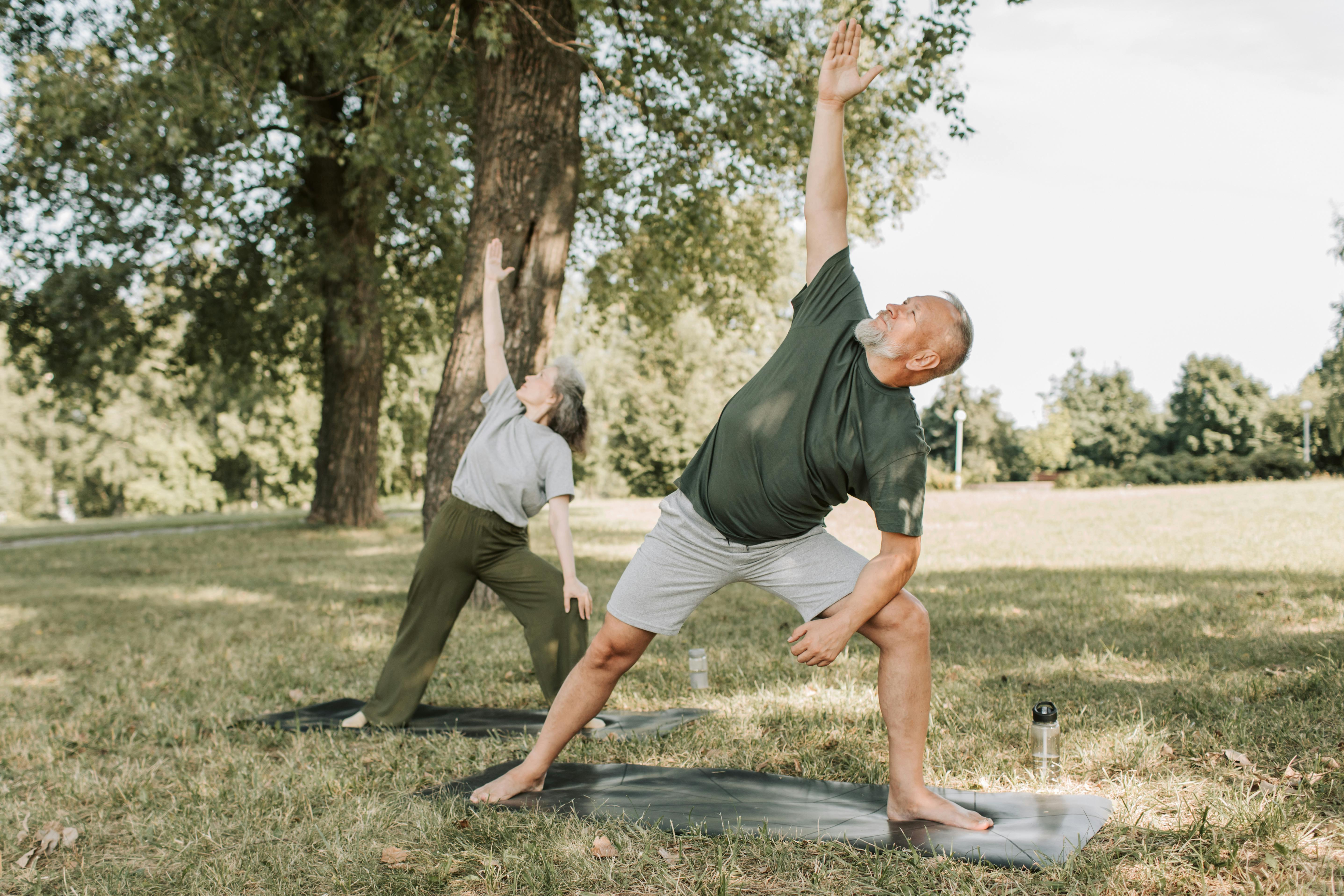June is Men’s Health Month, a reminder for all the men in our lives—dads, grandfathers, mentors, father figures—to prioritize their health. But truly, wellness is something we ALL need. Whether you’re parenting toddlers, teens, babies, or a mix of them all, your physical and mental well-being plays a huge role in how your family functions day to day.
Sometimes the most basic habits are the ones that get pushed aside—and often, they’re the most powerful tools we have to care for ourselves and those around us. Here are a few reminders to re-center your wellness this summer:
Move Your Body
Movement doesn’t have to be intense or time-consuming to make a difference. Just 30 minutes of activity a day can improve your energy, reduce stress, and help you sleep better.
- Get Moving: Take a walk with the kids or the dog - or go solo to decompress. Want to level up your walk? Try a weighted vest. It increases calorie burn, improves posture, and strengthens your core while doing something as simple as walking around the block. (Check with your doctor first, especially if you have back, joint, or heart concerns.)
- Multi-task: Stretch or do bodyweight exercises while watching TV or during screen time. Maybe try a walking mat or exercise ball while you work.
- Mix it up: Include cardio (like walking or biking) with strength moves (like squats or wall pushups) to care for both your heart and muscles.
- Jam out: Can't fit in a workout? Turn on some music and have a 10-minute dance break—fun counts as fitness!
- Resource Yourself: Explore free workouts on YouTube—from yoga and chair stretches to beginner cardio and strength, there’s something for every fitness level and schedule.
Hydrate to Feel Better
Dehydration doesn’t just lead to thirst—it can also cause fatigue, headaches, mood swings, and brain fog. Staying hydrated supports nearly every function in your body.
- Quantity: Drink half your body weight in ounces each day. (150 lbs = 75 oz of water.)
- Accessibility: Keep a reusable water bottle nearby all day.
- Variety: Add fruit slices or cucumber if plain water feels boring.
- Replenish: Encourage kids (and yourself) to drink water before and after exercise or outdoor play.
Fuel Up With Real Food
Healthy eating isn’t about perfection—it’s about giving your body what it needs to function, focus, and heal. That matters just as much for caregivers as it does for kids. Include the kids by cooking together, grocery shopping with them, talking about ingredients, and building a habit of connection through food.
- Variety: Add fruits and veggies to every meal—even frozen or canned ones count.
- Convenience: Keep healthy snacks handy: nuts, apples, yogurt, veggie sticks, and whole grain crackers.
- Moderation: Limit sugary drinks and fast food when possible—but don’t guilt yourself if they happen.
Don’t Skip the Checkups
Preventive care is better than crisis care! If it’s been a while since your last doctor visit—especially for the men in the house—this is your nudge. Kids benefit when they see adults caring for their health—it normalizes it and teaches lifelong habits.
- Just Do It: Schedule annual physicals, eye exams, or dental visits now before the calendar fills up.
- Openness: Talk to your doctor about sleep, stress, or anything that feels “off”—you deserve answers, too.
You don’t have to overhaul your life to get it on track. Start with one walk, one glass of water, or one intentional meal. You’re not just building a routine—you’re building resilience. And that’s a legacy worth living out loud.


